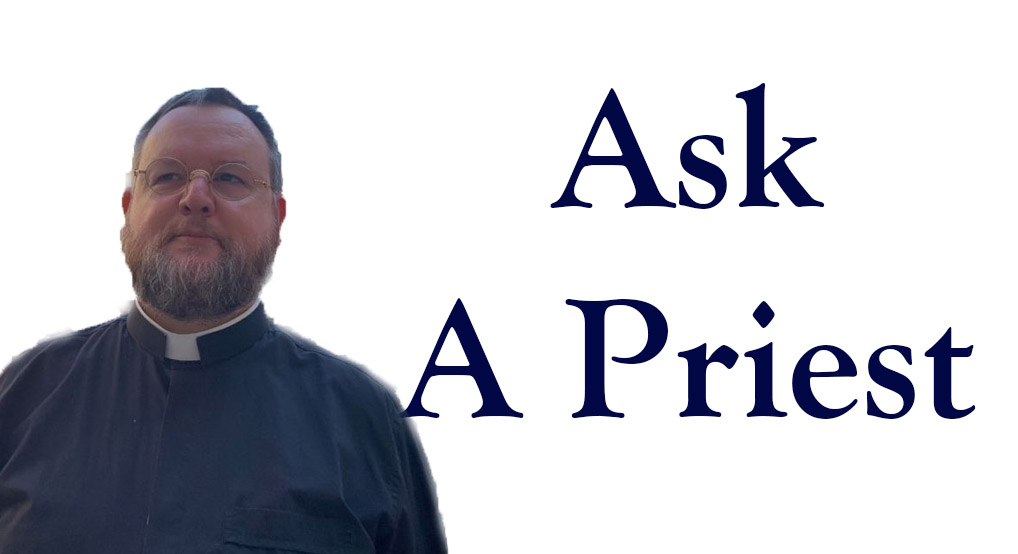Question: Could you please clarify the titles used in the names of the Ukrainian Catholic Churches and what dates changes were made? When our Immaculate Conception Church was first was first registered, the title reads the “Ruthenian Greek Catholic Church of the Immaculate Conception of St. Mary”. Later on, it was known as the “Ukrainian Catholic Church of the Immaculate Conception of St. Mary”.
Answered by: Fr. Athanasius McVay
Response:
The old designation “Ruthenian” can be understood in two ways: nationally (as a people) and ecclesially (as a Church). Nationally, the term had been used to designate three ethnic groups: Ukrainian, Belarusian, and Rusyn, who all dwelled in the ancient lands of Kyivan Rus’. When Ukrainians came to Canada, they were listed on official papers as “Ruthenians”, according to the terminology used by Europeans at the time.
Our Church used to be known as the Uniate Church of Rus’ (meaning that part of the Church of Kyivan Rus’ which was united to the Roman Church). However, in 1774, Empress Maria Teresa of Austria (which ruled Western Ukraine at the time) banned that word within her realms and renamed us Greek-Catholic (meaning “of the Byzantine Rite”, not “of Greek nationality”) to distinguish us from her Roman/Latin Catholic subjects.
When our first churches registered in Canada as corporations, the official name was Ruthenian Greek-Catholic mission. During WWI, the term was discarded because of the war between Austria and Russia, and most Austrian Ruthenians began to call themselves Ukrainians. On several occasions, Bishop Budka and his successors asked for the official terminology to be changed, but we were only able to go through with this legally in the 1950s.
Today, our Ukrainian Catholic Church is still officially known as the Ukrainian Greek-Catholic Church; however, outside of Ukraine, the Greek part was dropped in the 1950s. Keep in mind, the title of Ukrainian Greek Catholic Church does not stand for the ethnic or linguistic make-up of the Church, although Ukrainian ethnics make up the majority. “Ukrainian” here signifies that we are a Church of the Kyivan religious tradition. If you would like to learn more, I wrote about this topic in my book, God’s Martyr, History’s Witness: Blessed Nykyta Budka, the First Ukrainian Catholic Bishop of Canada.

